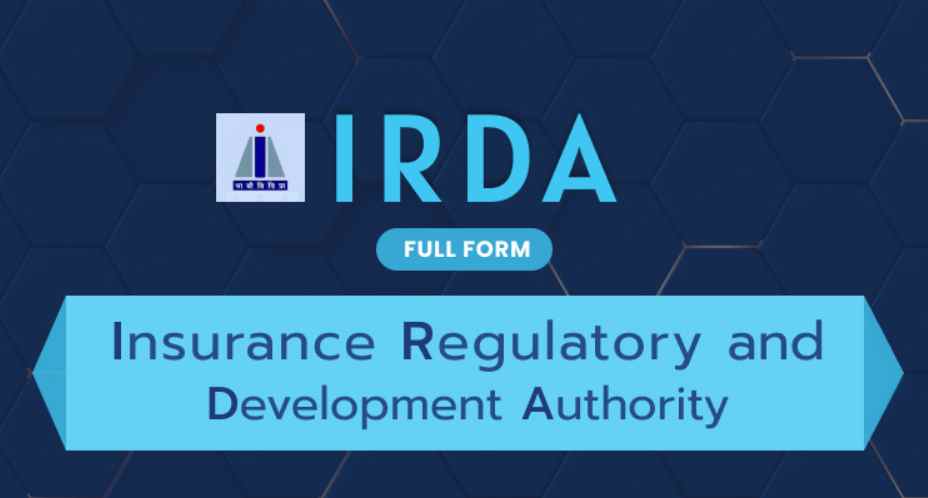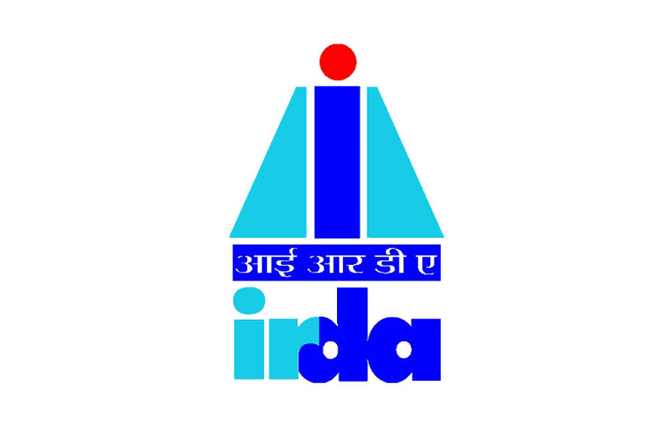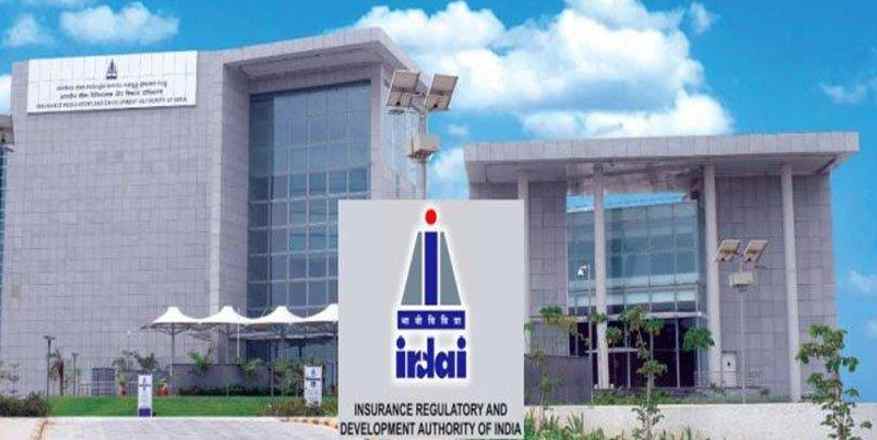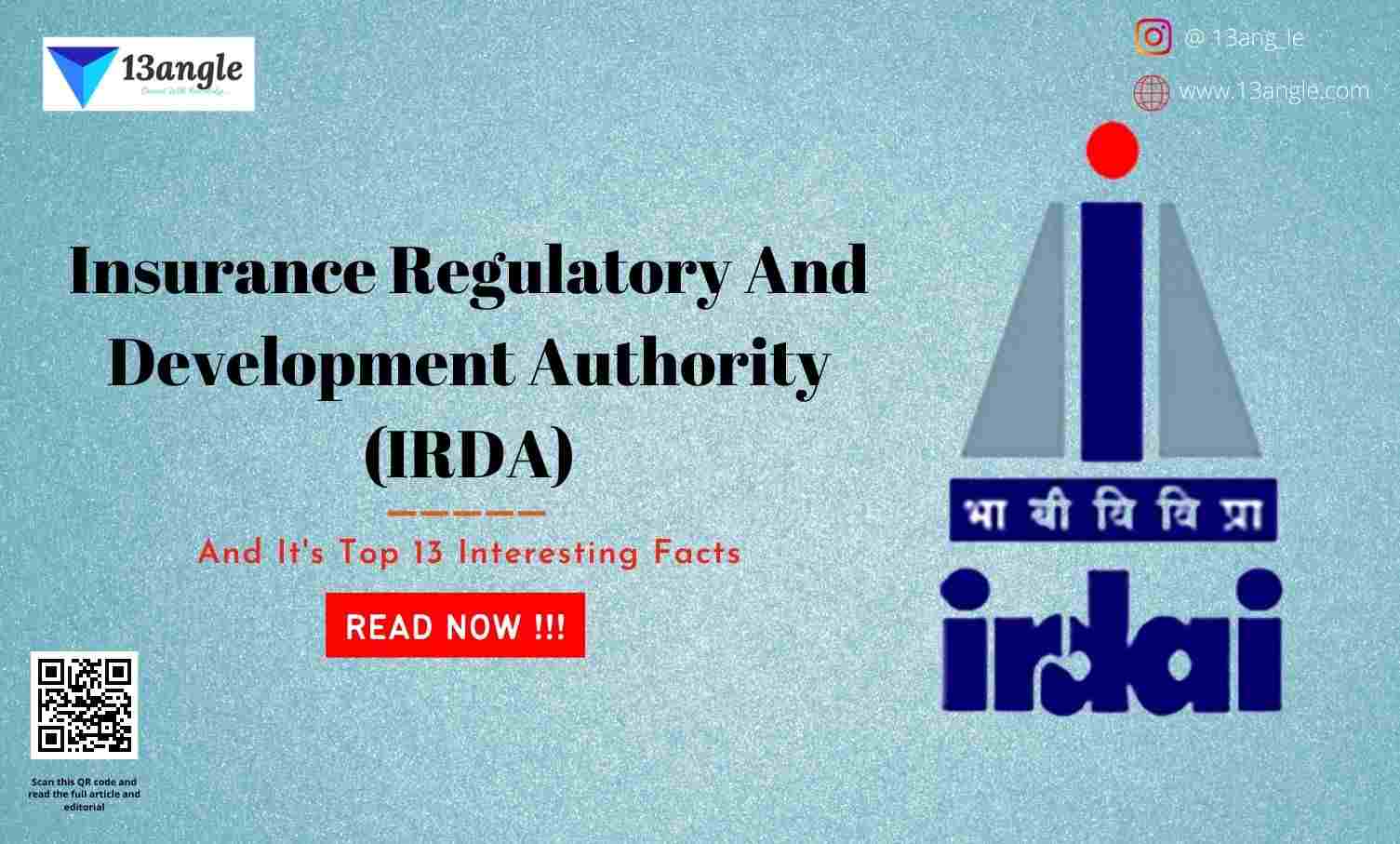- Umang Sagar
- Organisation, Recent article
Insurance Regulatory And Development Authority (IRDA)

Introduction
What is Insurance?
The concept of Insurance is a very old concept around 6000 years ago. India has a deep-rooted history of insurance as has been mentioned in the writings of Manusmriti, Arthashastra, and Dharmashastra. Insurance is a legal agreement between two parties – the insurer and the insured, also called an insurance policy. The dictionary meaning of insurance states “an arrangement by which an organization undertakes to provide a guarantee of compensation for specified loss, damage, illness, or death in return for payment of a specified premium. Its categories include life, health, motor, travel, home, rural, commercial, and business insurance.
Insurance Regulatory And Development Authority

- IRDA institute as a standalone body to oversee the functioning of the growing insurance industry, a separate regulatory body was set up known as the Insurance Regulatory and Development Authority of India. The Authority acts as the regulator of the insurance industry in India and oversees the functioning of the Life Insurance and General Insurance companies operating in the country. The regulator guides the insurance industry in promoting efficiency in the conduct of the insurance business all the while controlling the rates and other charges related to insurance. It also regulates and sees to the development of the insurance industry.
Established | 1999 |
Type | Regulatory body |
Location | Hyderabad, Telangana, India |
Legal status | Active |
Service | Insurance of India |
Owner | Ministry Of Finance, Government of India |
Website | irdai.gov.in |
Establishment Of IRDA
- By the year 1991, the Government of India began to plan economic reforms in the insurance sector. For the same, a committee was formed in 1993 for the reforms in the insurance sector. The committee was headed by Shri R. N. Malhotra. Following the recommendations of the Malhotra Committee, the statutory body of IRDAI was established in the year 1999. In the year 1999 Insurance Regulatory and Development Authority (IRDA) Act was passed and on April 19th, 2000, the Insurance Regulatory and Development Authority (IRDA) of India received autonomous status. The headquarters are in Hyderabad, Telangana, which was moved from Delhi in 2001.
Structure Of IRDA

- According to Section 4 of the Insurance Regulatory and Development of Authority Act, 1999, IRDA includes the chairman, five full-time and four part-time members appointed by the government. Therefore, it is a 10-member body. The chairman and each of the five full-time members is expected to have knowledge and experience in life insurance, general insurance, or actuarial science respectively. The chairman of the Authority is Former IAS Subhash Chandra Khuntia, appointed in 2018. Debasish Panda took charge as the chairman of Insurance Regulatory Development of India following his appointment last week. IRDA is a self-governing organization whose sole purpose is to regulate fair practices in the insurance industry to prevent consumer loss. By 2020, the sector is estimated to be worth US$280 billion in terms of overall market size.
Objective Of IRDA
IRDA forwards the interests of the policyholders
Uphold the development of the Insurance Sector
Ensure quick resolution of claims
Prevent frauds and malpractices
Ensure fair conduct in the financial market when dealing with insurance.
To promote fairness, orderly conduct, and transparency in financial markets.
Frame policies regularly to ensure that the industry operates without any ambiguity
Monitors the development of the insurance industry and other related activities.
Type Of Insurance
The following are the basic types of insurance regulated by IRDAI:-
Life Insurance
- Term Insurance
- Whole Life Insurance
- Unit-linked insurance Policies
- Endowment Policies
- Retirement Policies
- Money-back Policies
General Insurance
- Health Insurance
- Motor Insurance
- Travel Insurance
- Gadget Insurance
- Home/Property Insurance
Functions Of IRDA

Grant, renew, modify, suspend, cancel, or withdraw registration certificates of the insurance company.
Protecting the policyholder’s interests in matters concerning the grant of policies, settlement of claims, nomination by policyholders, insurable interest, surrender value of the procedure, and other terms and conditions of the policy.
Regulate and control insurance rates, terms, and conditions, and advantages that may be offered by the insurance providers.
bring about speedy and orderly growth of the insurance industry (including annuity and superannuation payments), for the benefit of the common man, and provide long-term funds for accelerating growth of the economy.
To act where such standards are inadequate or ineffectively enforced.
To bring about the optimum amount of self-regulation in the day-to-day working of the industry consistent with the requirements of prudential regulation.
To register the companies that run the insurance business.
It also helps specify the percentage of the life and general insurance businesses undertaken in India’s social and rural sectors.
And helps in the passing on judicially of the disputes between the issuer and the intermediaries.
It also helps specify the percentage of the life and general insurance businesses undertaken in India’s social and rural sectors.
And helps in the passing on judicially of the disputes between the issuer and the intermediaries.
Make sure the proficiency and efficiency of the conduct of the insurance business.
Top 13 Interesting Facts About IRDA
Under this Act, the Controller of Insurance under Insurance Act 1398 was replaced by a newly established authority called Insurance Regulatory and Development Authority (IRDA).
The duty of the authority is to control, promote and safeguard the orderly growth of the insurance industry and reinsurance business.
The primary purpose is to protect the rights of the policyholders in India.
The IRDA has outlined several rules and regulations under Section 114A of the Insurance Act, 1938.
issues a certificate of registration to the life insurance company and renews, modifies, withdraw, suspends, and cancels the registration.
The agency’s headquarters are in Hyderabad, Telangana, where it moved from Delhi in 2001
The life insurance business began in 1818 with the establishment of the Oriental Life Insurance Company in Calcutta; the company failed in 1834.
General insurance in India began during the Industrial Revolution in the West
In 1993, the government set up a committee chaired by former Reserve Bank of India governor R. N. Malhotra to propose recommendations for insurance reform complementing those initiated in the financial sector.
In 2013 the IRDAI attempted to raise the foreign direct investment (FDI) limit in the insurance sector to 49 percent from the existing 26 percent.
The prime minister of India announced an insurance repository system, helping policyholders buy and maintain insurance policies in electronic form rather than on paper.
Section 4 of the IRDAI Act 1999 specifies the authority’s composition.
The functions of the IRDAI are defined in Section 14 of the IRDAI Act, 1999.



